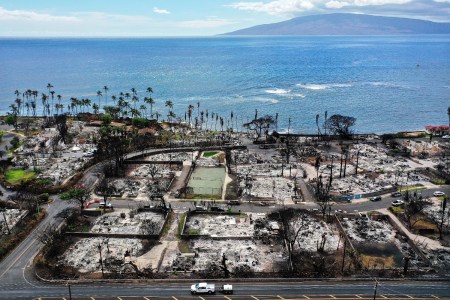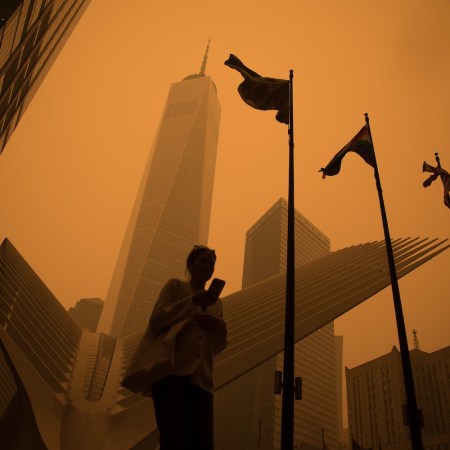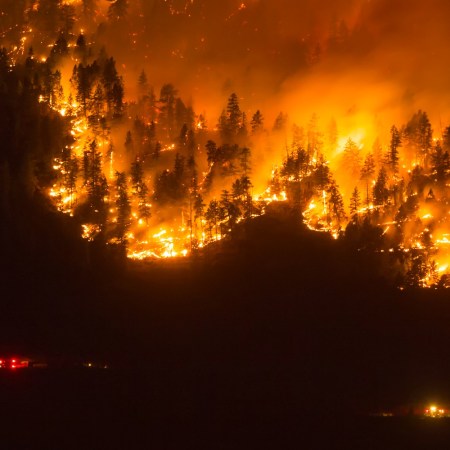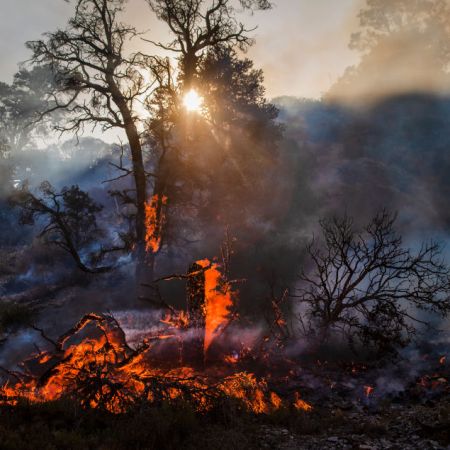Even if you weren’t in Canada last summer, you were probably aware of the massive wildfires that the nation was facing. That wasn’t just due to news reports; the air pollution from the smoke traveled south, leading to uncanny skies and poor air quality in a host of cities in the U.S. But now we’re also getting some more in-depth analysis of just what the overall effects of the wildfires were — and it’s pretty bad.
Last week, Nature published a study on the wildfires’ environmental impact which found that it was comparable to the fossil fuel emissions of some of the world’s most populous nations. “We find that the magnitude of the carbon emissions is 647 TgC (570–727 TgC), comparable to the annual fossil fuel emissions of large nations, with only India, China and the USA releasing more carbon per year,” the authors wrote.
If you think that sounds bad, you’re correct — but that’s not the only alarming conclusion the study’s authors have reached. “[C]limate projections indicate that these temperatures are likely to be typical during the 2050s, even under a moderate climate mitigation scenario,” they write — and that’s likely to lead to even more wildfires of this scale.
The authors subsequently go on to cite the way climate change laid the groundwork for the wildfires, noting that 2023 “was the driest January–September period for Canadian forests since at least 1980, with about 86% of forested area having below-average precipitation.”
Will the Aftermath of the Maui Wildfires Change Anything About Fire Prevention?
A report from the scene of the disaster offers a lot to ponderWhere this gets especially unnerving relates to the global push to reduce overall emissions. The study’s authors conclude that “reduced carbon sequestration by ecosystems must be compensated for by adjusting anthropogenic emissions reductions.” In other words, even if nations can reduce the carbon emissions of vehicles or industry, future wildfires could offset those advances — and add one more obstacle to a more environmentally friendly tomorrow.
This article was featured in the InsideHook newsletter. Sign up now.



















